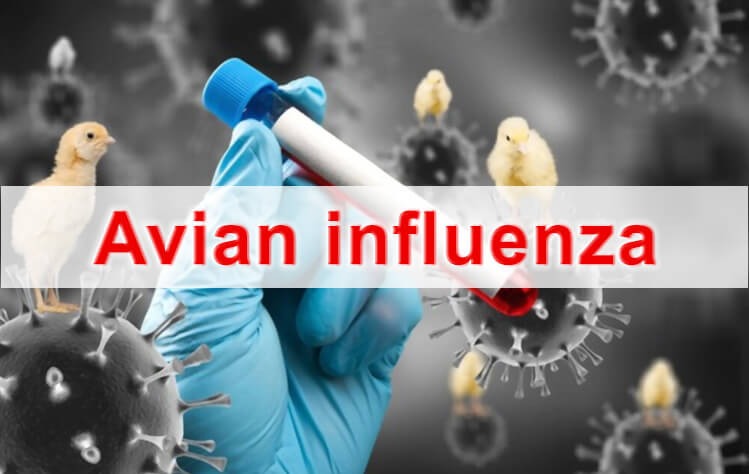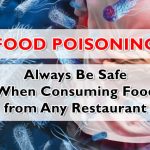Avian Influenza (AI) is a highly contagious respiratory virus that is known to cause severe illness in humans. Although AI primarily affects birds, it can also cause serious illness in humans. Worldwide, the number of cases of AI has increased significantly over the past few years, and experts are warning that this pandemic could get much worse. Since avian can easily be passed from birds to humans, everyone who comes in contact with an infected bird should take precautions to avoid becoming ill.
In this article, we will outline the symptoms of AI and provide tips on how to protect yourself from getting infected.
Symptoms
Symptoms of avian influenza include coughing, difficulty breathing, and fever. Avian influenza can be deadly to both birds and people. It is important to know the signs and symptoms of avian influenza so you can prevent it from spreading to other birds and people.
How does It Spread?
Avian Influenza is a respiratory illness in poultry caused by the highly pathogenic avian influenza virus (H5N1). The virus is highly transmissible through contact with respiratory secretions, blood, or other body fluids from an infected bird.
The virus can be spread to humans through close contact with sick or dead birds, contaminated surfaces, or respiratory secretions from infected humans. Infected humans may also spread the virus to other people through coughing and sneezing.
There is no specific treatment for Avian Influenza, but it is generally mild and self-limited. Symptoms typically include coughing, fever, and shortness of breath.
In severe cases, Avian Influenza can lead to pneumonia and even death.
The World Health Organization (WHO) has warned that Avian Influenza could become a global pandemic if not contained. Anyone who comes in contact with sick or dead poultry should take appropriate precautions to avoid infection.
How to Protect Yourself from Avian Influenza
If you’re like most people, you probably haven’t given much thought to avian influenza. But if you live in an area where avian influenza is being released, it is important that you take steps to avoid getting the virus. You can minimize your chances of getting the virus by following these guidelines to protect yourself from it.
1. Get vaccinated if you are at high risk for getting the disease. Levels of concern vary from year to year and region to region, so consult your doctor or local health department for more information.
2. Avoid close contact with infected birds.
3. Clean surfaces and objects that come in contact with birds, such as doorknobs and window frames.
4. Avoid eating raw or undercooked poultry or eggs.
5. Cover your nose and mouth when you sneeze or cough, and wash your hands often. If you think you may have contracted the virus, see a doctor immediately.
What should we do if we are exposed to Avian Influenza?
If you are exposed to Avian Influenza, the most important thing to do is to take steps to reduce your risk of getting the virus. You can do this by avoiding close contact with any sick birds, washing your hands often, and staying away from living poultry markets.
Conclusion
Avian Influenza is a virus that affects poultry and can be deadly to both humans and birds. The virus is believed to have originated in the Middle East, but it has now spread to other parts of the world. There is no cure for this Influenza, but there are ways to prevent its spread and make sure that your flock is protected from it. If you or someone you know has contracted Avian Influenza, please contact your doctor immediately.
References:
https://www.health.ny.gov/diseases/communicable/influenza/avian/questions_and_answers/
https://www.medicinenet.com/avian_influenza_bird_flu/article.htm









